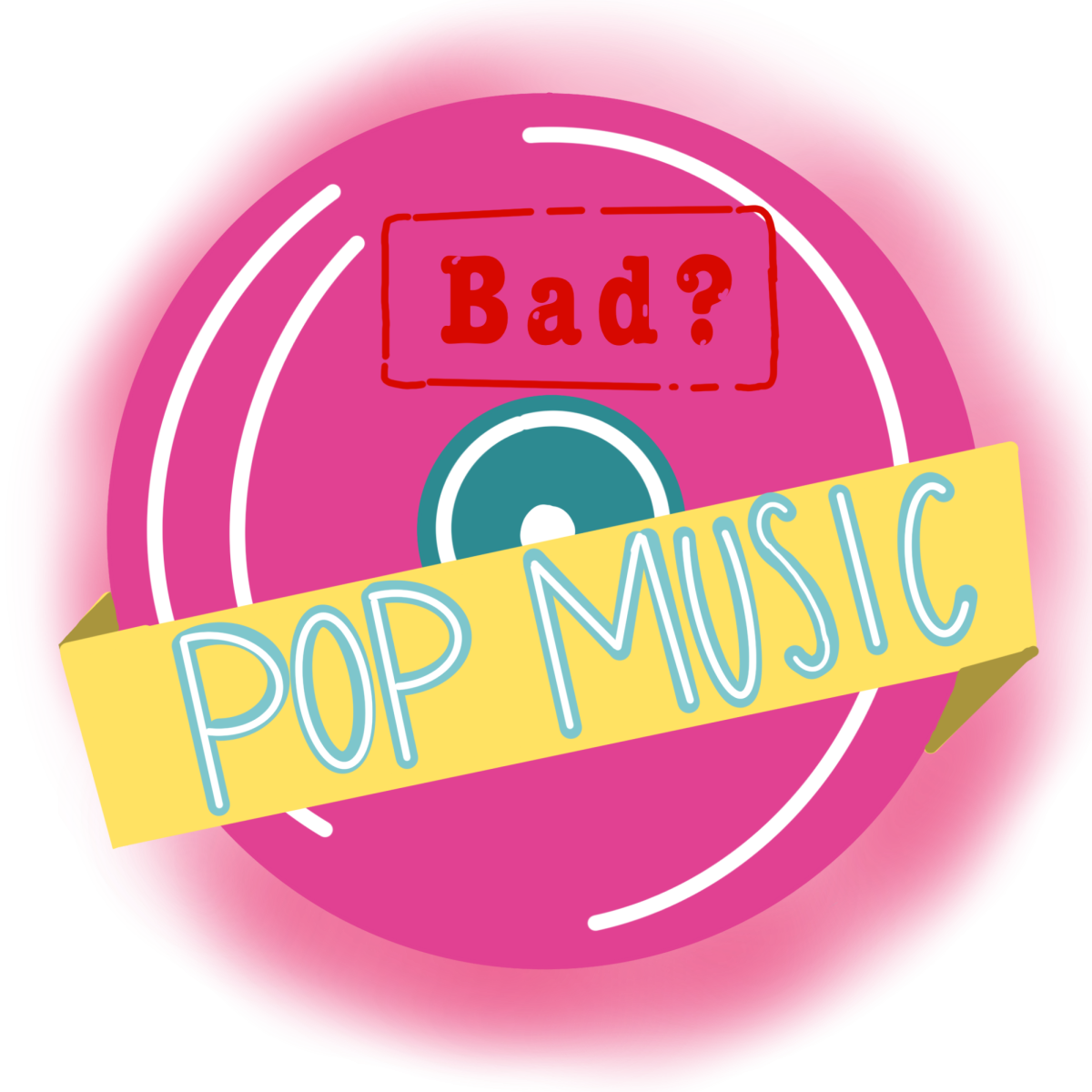I love pop music. Sabrina Carpenter, Chappell Roan, Taylor Swift and Charli xcx have been blasting on repeat everywhere since the summer, and I couldn’t be happier. Upon checking the platform Stats for Spotify, pop has been my top genre for the last four weeks, six months and year. My other top genres consist of indie, indie pop, art pop, bedroom pop and indie folk. Clearly there’s a pattern with my listening history.
Yet, whenever someone asks me what music I listen to, I find myself saying something like “oh, you know, a bit of everything.” I feel as though my music taste is somehow inferior to those who do not enjoy listening to pop music. Pop music is often labeled as basic and its lyrics are considered meaningless and mundane; however, it’s so much more than the labels we assign to the genre.
The first argument against pop music is that it is generic and formulaic, to which I say so is all music. Each genre of music has a specific sound, origin and cultural significance; that’s what makes it a distinct genre. Within genres, there are subcategories, and these subcategories also have the aforementioned three factors. If you were to play two songs from the same genre and subcategory, you are going to inevitably notice similarities — specifically regarding the instruments, time signatures, tone and general sounds used. Pop is not the only genre of music that follows a pattern; in fact, most genres do. For example, take classic rock music: nearly every classic rock song follows the traditional song structure pattern, uses similar instruments — such as electric guitar, electric bass, keyboard and drums — and is in the 4/4 time signature.
I would argue that classic rock is even more formulaic and generic in comparison to pop music. However, at the end of the day, it isn’t viewed the same way pop music is. It isn’t cool to hate classic rock either. If one were to say they enjoyed listening to classic rock music, it would be odd for someone to comment on how that person is basic because classic rock music is so formulaic and generic. So, why is it cool to hate on pop music, an arguably less generic and formulaic genre of music? It isn’t.
The second argument against pop music is that the lyrics are mundane. To this, I answer that you should analyze the lyrics to any Taylor Swift song. For example, pay attention to the lyrics in her popular song “Anti-Hero” from the album “Midnights.” She opens her song with an allusion to Oscar Wilde’s novel, “The Picture of Dorian Gray”: “I have this thing where I get older, but just never wiser.” The novel’s famous line is “with age comes wisdom, but sometimes age comes alone.” I would argue that any song that alludes to a prominent work of literature, using it to encapsulate a song’s theme, cannot be labeled as “mundane.” The song goes on to discuss issues with self image, fame and isolation. Contrary to popular belief, not all pop songs are about bad relationships or short-lived love. Yes, a lot of them are, and a lot of songs, whether they are pop or not, do have mundane lyrics. However, many artists, like Taylor Swift, still discuss deeply personal matters in their songs. It may simply take a listener willing to look past the stereotypes surrounding pop music to decipher the often profound lyrics in pop songs.
Pop music is fun. It’s catchy, upbeat and makes us want to dance. Its infectiousness is the reason none of us can stop humming songs like “Espresso” by Sabrina Carpenter or “Good Luck, Babe!” by Chappell Roan. Not liking pop music does not make you musically superior or cool; you’re just missing out on an amazing genre of music that many people discredit. In my opinion, the arguments against pop music do not have much merit. Other genres have the same issues as pop music, yet it is always pop that gets a bad reputation and is labeled as basic and boring. Everyone is entitled to their opinions, and of course it is okay to dislike pop music. Though, if you haven’t listened to much pop music, I encourage you to do so. Don’t kill other people’s vibes; hating on pop music doesn’t make you cool.















